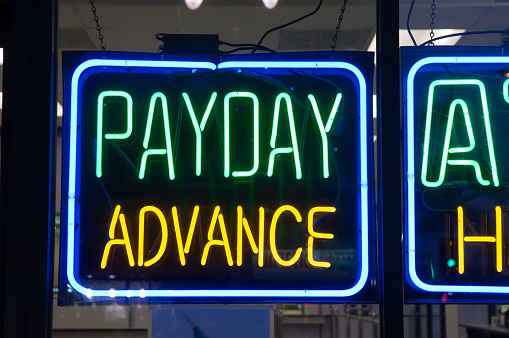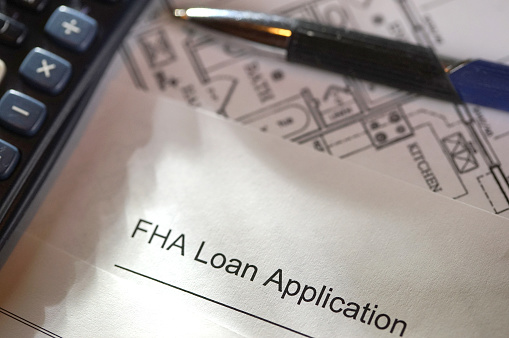Introduction to Personal Loans
Managing finances is a challenging task, and sometimes you may need additional funds to meet your financial goals. Personal loans are a popular option that can help you meet your financial needs. A personal loan can be used for various purposes, such as consolidating debt, paying for a wedding, or making home improvements. In this article, we will discuss the benefits of personal loans and help you decide whether a personal loan is the right choice for you.
What is a Personal Loan?
A personal loan is a type of unsecured loan that you can use for a variety of purposes. Unlike secured loans, which require collateral, personal loans are based on your creditworthiness and ability to repay the loan. You can borrow a fixed amount of money and repay it over a set period of time, typically between 12 to 60 months. Personal loans are available from banks, credit unions, and online lenders.
How Does a Personal Loan Work?
When you apply for a personal loan, the lender will review your credit history, income, and other financial information to determine if you qualify for the loan. If you are approved, the lender will offer you a loan amount, interest rate, and repayment term. Once you accept the loan terms, the lender will disburse the funds to your bank account. You will then make monthly payments, including principal and interest, until the loan is paid in full.
Benefits of a Personal Loan
There are several benefits of personal loans, including:
1. Flexibility
Personal loans are flexible and can be used for various purposes, such as debt consolidation, home improvements, or unexpected expenses. You can use the funds for any purpose as long as it is legal.
2. Fixed Interest Rates
Personal loans typically have fixed interest rates, which means your monthly payments will remain the same throughout the repayment term. This can help you budget your finances more effectively.
3. Lower Interest Rates Than Credit Cards
Personal loans typically have lower interest rates than credit cards, which can save you money in interest charges over the life of the loan.
4. No Collateral Required
Personal loans are unsecured, which means you do not need to provide collateral, such as a home or car, to secure the loan. This can be beneficial if you do not want to risk losing your assets.
5. Improve Credit Score
Making timely payments on a personal loan can improve your credit score, which can make it easier to get approved for credit in the future.
When to Consider a Personal Loan
You should consider a personal loan when you need funds for a specific purpose, such as consolidating debt, making home improvements, or paying for a wedding. Personal loans can also be used for unexpected expenses, such as medical bills or car repairs. It is important to evaluate your financial situation and determine if a personal loan is the best option for your needs.
Factors to Consider Before Choosing a Personal Loan
Before applying for a personal loan, you should consider the following factors:
1. Interest Rates
Compare interest rates from different lenders to find the best rate for your needs. The interest rate will determine the total cost of the loan.
2. Fees
Some lenders charge origination fees, prepayment penalties, or other fees. Be sure to read the loan agreement carefully to understand any fees associated with the loan.
3. Repayment Term
The repayment term will determine your monthly payments and the total cost of the loan. Consider your budget and how much you can afford to pay each month.
4. Credit Score
Your credit score will impact the interest rate and loan terms you are offered. If you have a low credit score, you may need to improve your credit before applying for a personal loan.
Read More: FHA Loans: The Pros and Cons You Need to Consider Before Applying
Types of Personal Loans
There are several types of personal loans, including:
1. Secured Personal Loans
Secured personal loans require collateral, such as a home or car, to secure the loan. This can result in lower interest rates, but also puts your assets at risk if you are unable to repay the loan.
2. Unsecured Personal Loans
Unsecured personal loans do not require collateral, but typically have higher interest rates than secured loans.
3. Debt Consolidation Loans
Debt consolidation loans are used to consolidate multiple debts into one loan with a single monthly payment.
4. Payday Loans
Payday loans are short-term loans that are typically due on your next payday. These loans often have high interest rates and fees and should only be used as a last resort.
Applying for a Personal Loan
To apply for a personal loan, you will need to provide personal and financial information, such as your name, address, income, and credit score. You can apply for a personal loan online or in person. Once you are approved, the lender will disburse the funds to your bank account.
Personal Loan vs. Other Types of Borrowing
Personal loans are not the only option when it comes to borrowing money. Other options include:
1. Credit Cards
Credit cards are a popular option for borrowing money, but often have higher interest rates than personal loans.
2. Home Equity Loans
Home equity loans use your home as collateral and can be used for home improvements or other expenses. These loans typically have lower interest rates than personal loans, but put your home at risk if you are unable to repay the loan.
3. 401(k) Loans
401(k) loans allow you to borrow money from your retirement account, but can result in early withdrawal penalties and tax implications.
Conclusion
Personal loans can be a great option for meeting your financial needs, but it is important to evaluate your financial situation and consider all of your options before making a decision. Consider the benefits of personal loans, such as flexibility and fixed interest rates, as well as factors such







